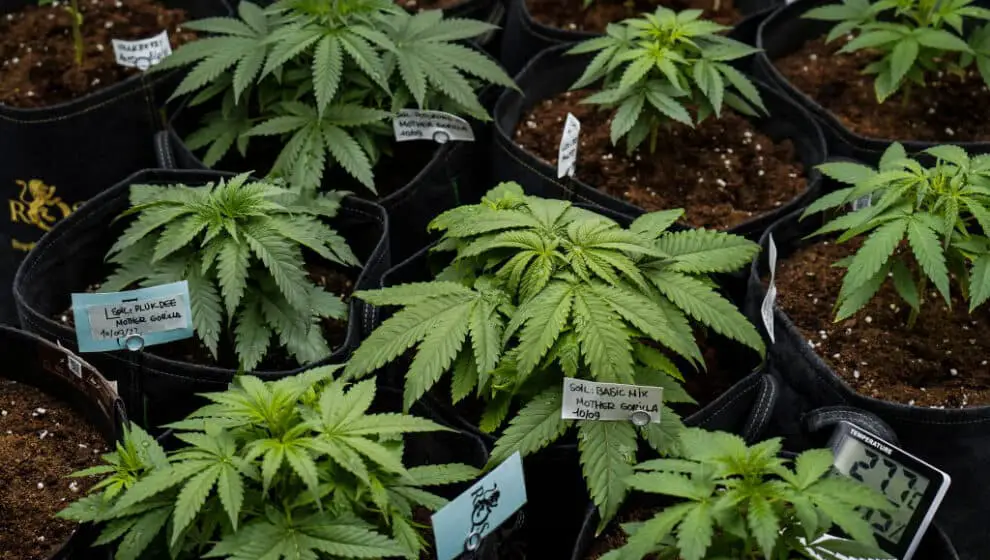Maryland and Missorui have passed legalized marijuana, and supporters say it will help multiple things including small businesses.
Key Details
- Many states have fought for marijuana legalization and Maryland and Missouri are two of the latest to pass it.
- In Tuesday’s election, these two states joined 19 others and the District of Columbia in legalization.
- Legalization will not only allow people to possess marijuana, but it will also expunge criminal marijuana records and build business in the states.
Why it’s news
The marijuana market has been booming in the U.S. for the last couple of years. Many states have been trying to legalize the drug with only a few succeeding.
The marijuana market was worth about $21.5 billion in 2019—it is now worth around $64 billion, according to a report by Coresight Research.
The passage not only allows weed use for citizens, but also an abundance of other things.
Maryland adults will be able to possess 1.5 ounces of marijuana—or two plants each—starting in July 2023. The passage also allows for the expungement of records for people arrested for marijuana possession and people who are serving can have their sentences reconsidered.
Similar to Maryland in Missouri adults will be able to possess up to three ounces and have six plants.
Missouri will also have a 6% sales tax that will go toward facilitating automatic expungements for certain nonviolent marijuana offenses, veterans’ health care, substance misuse treatment, and the state’s public defender system, according to CNBC writer Stefan Sykes.
One big thing that the weed legislation will also help—businesses.
Maryland will establish a cannabis business assistance fund for small businesses and cannabis businesses run by women or minorities. Missouri will add 144 new small business licensees to the existing businesses licensed for medical marijuana.
“Missouri is poised to become a tent-pole for the industry in the Midwest, and we believe Missouri will be a $800 million to $1 billion market,” says Greenlight cannabis company CEO John Mueller.
Opposition
Arkansas, North Dakota, and South Dakota also voted on marijuana legalization, but all three rejected it.
The opposition stems from many different reasons—but most come from state leaders and faith-based groups.
With 92% of votes counted, more than 56% of Arkansas voters rejected weed legalization. The Arkansas Family Council Action Committee opposed legalizing recreational marijuana, arguing that it would increase petty crime and substance abuse, according to Time.
In North Dakota of 99% of votes counted, about 55% of North Dakota voters were against marijuana while in South Dakota with 99% counted 53% rejected.

